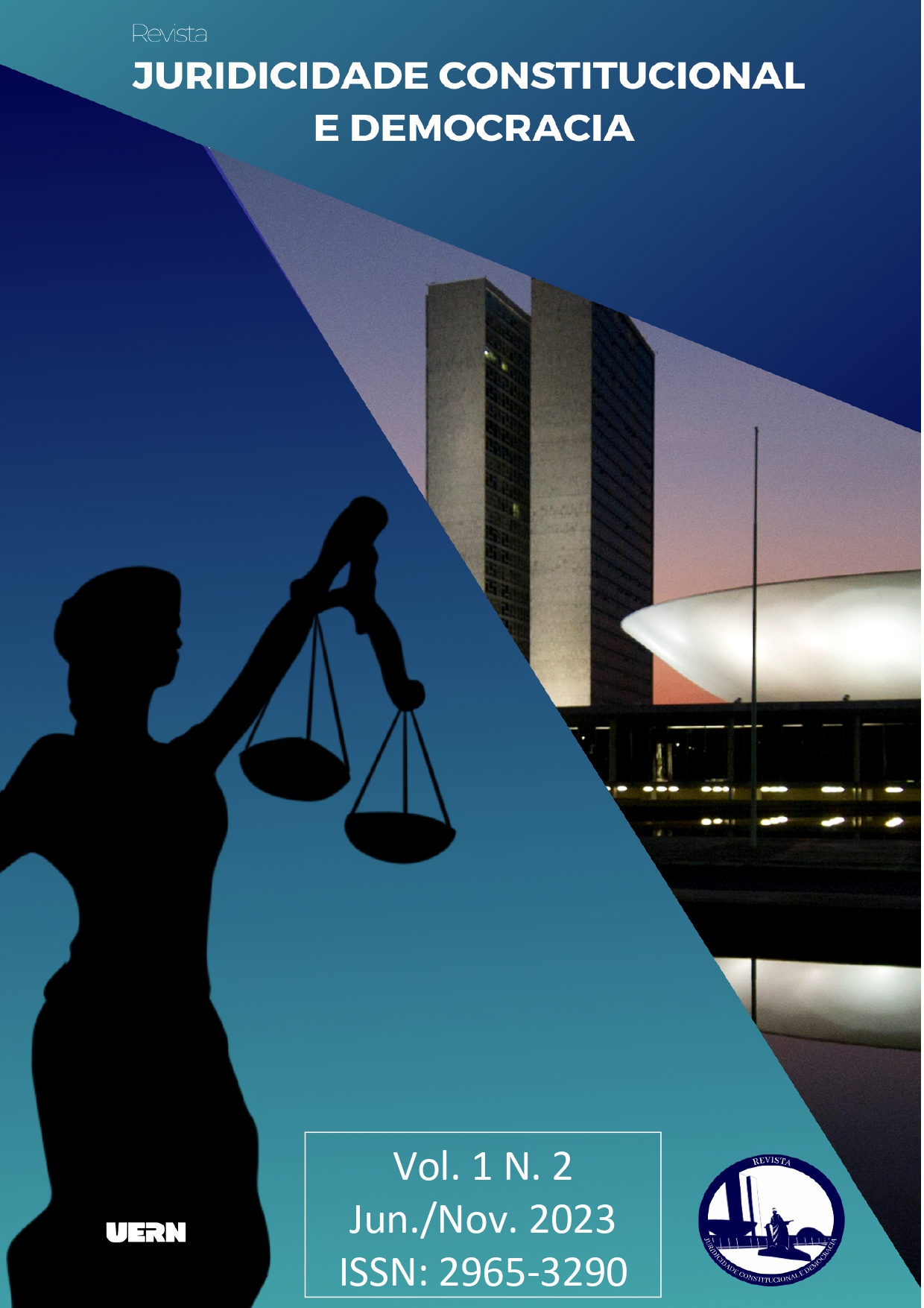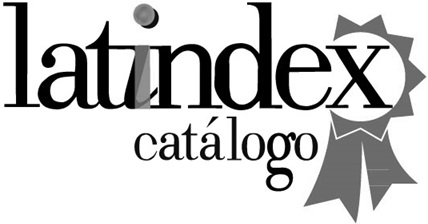Discussion on the recognition of economic, social and cultural rights as justiciable rights
DOI:
https://doi.org/10.59776/2965-3290.2023.5025Resumo
O presente artigo tem por escopo apresentar um panorama geral sobre a discussão em torno da justiciabilidade dos direitos econômicos, sociais e culturais (DESC), ou seja, sobre a possibilidade de exigir seu cumprimento perante o Poder Judiciário, seja ele em âmbito nacional ou internacional. Para isso, partindo-se das alegações tradicionalmente desfavoráveis aos DESC, apresenta-se um levantamento histórico sobre sua origem, conceito e natureza jurídica com o intuito de desmontar aquelas alegações, trazendo os argumentos pertinentes, apresentados como resposta e resultado deste estudo, que comprovam, portanto, a justiciabilidade dos DESC. Do ponto de vista metodológico, este trabalho desenvolve-se por meio da análise jurídica a respeito das diferentes abordagens presentes em doutrinas e documentos oficiais, de cunho nacional e, especialmente internacional, de modo a demonstrar que a presente discussão pode se apresentar em qualquer esfera, nacional, regional ou global, sempre que verificada a violação a um dos DESC. Por esta razão, os argumentos expostos pretendem superar a discussão sobre a justiciabilidade dos DESC como forma de garantir um remédio legal às vítimas em caso de violação, a fim de colaborar com o aumento dos níveis de qualidade de vida e contribuir na redução drástica da pobreza e das desigualdades sociais de um país. Neste sentido, se a justiciabilidade dos DESC não for devidamente reconhecida, assim como é para os direitos civis e políticos (DCP), todos os esforços feitos para o reconhecimento dos direitos humanos, como um só corpo integrado, serão em vão.
Downloads
Downloads
Publicado
Edição
Seção
Licença
Copyright (c) 2023 Revista Juridicidade Constitucional e Democracia

Este trabalho está licenciado sob uma licença Creative Commons Attribution-NonCommercial-NoDerivatives 4.0 International License.







